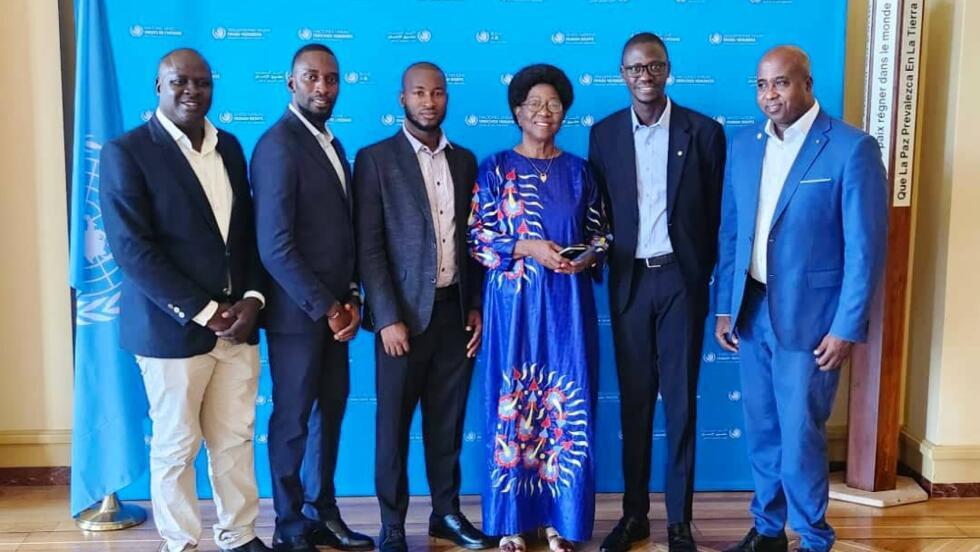Gambiaj.com – (Geneva, Switzerland) – Guinea-Bissau came under intense international scrutiny on Thursday as it faced its first-ever evaluation by the United Nations Human Rights Committee in Geneva on its adherence to the International Covenant on Civil and Political Rights (ICCPR), to which the country has been a signatory since 2010.
While the Guinean government presented a report detailing its legislative and administrative efforts to uphold the treaty, civil society groups painted a starkly different picture—one of growing repression, systemic abuse, and threats to human rights defenders.
Civil society representatives, including the Guinean Human Rights League (LGDH), the Bar Association (OAGB), and the Popular Parliament of Guinea-Bissau (PPM-GB), submitted a parallel report chronicling widespread violations between 2020 and 2025.
These include police repression, arbitrary arrests, torture, corruption, gender-based violence, and the erosion of public services.
In total, 48 recommendations were presented to the Committee urging action on critical areas such as freedom of expression, the prohibition of torture, gender equality, and the fight against early and forced marriages.
Edmar Nhaga, vice president of the LGDH, emphasized the historical significance of the UN’s review, particularly given what he described as a sharp deterioration in civil liberties in recent years.
“We are facing a regime that, since coming to power, has consistently violated both our Constitution and the international covenant,” Nhaga stated. “Freedom of expression and protest has been stifled, and human rights abuses have become systemic.”
He added that while the UN does not possess coercive powers, it can wield strong diplomatic tools. “Development aid flowing into Guinea-Bissau should be made conditional on the respect for human rights commitments under the ICCPR,” he argued.
The Geneva appearance of civil society activists has, however, triggered fresh fears for their safety. Nhaga disclosed that credible threats of reprisals have emerged from within the Guinean regime.
“We have confirmed through internal sources that there are real threats against those of us who participated in the session,” he said. “We fear for our lives, but we will not allow fear to silence our advocacy.”
The UN Human Rights Committee is expected to issue its concluding observations in the coming weeks. While the recommendations are not legally binding, they carry significant diplomatic weight and are often used by international partners and donors to assess a country’s human rights record.
For Guinea-Bissau, this first-ever review could mark a turning point—or deepen its international isolation if the government fails to take corrective action.










